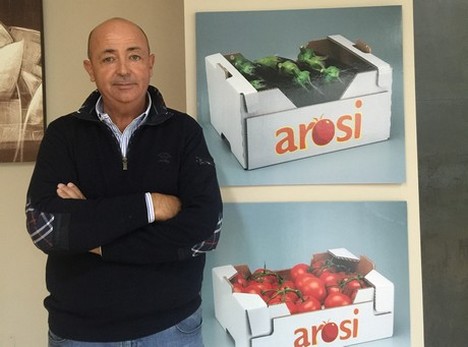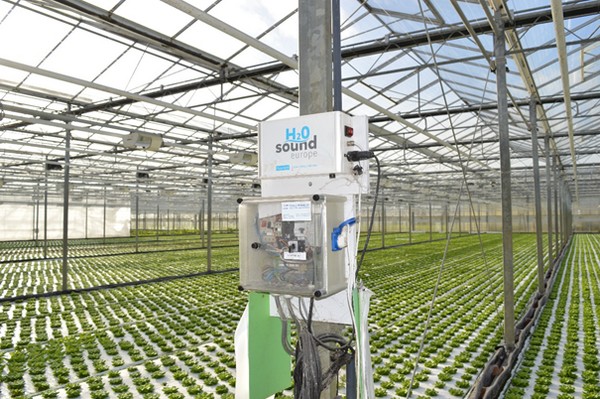The weather is once again shaping the development of the current horticultural campaign in the greenhouses of eastern Andalusia. The season already had a difficult start, as warm temperatures throughout the continent allowed the European seasons to be extended, and an unusually mild autumn caused the volumes of some vegetables, such as cucumbers, to increase too much. This brought prices down to a point that 30% of the production had to be withdrawn. Now the plants have suffered the impact of the cold brought by storm Filomena, which has slowed down the production of vegetables. This situation has resulted in the slowing down of the sector’s activity and in some price increases.
“The supply is limited, especially in the case of eggplant, cucumber and zucchini,” says Ginés González, manager of the Almeria-based company Hortisol. “It hasn’t snowed here, but these three vegetables are sensitive to the cold and their production is standing still. We have seen noticeable price increases due to the product shortages.” According to Ginés, the low temperatures have caused volumes to fall by around 50% compared to what was available in previous weeks.
In the various auctions in the province of Almería, exorbitant prices have been reached. They have exceeded € 4 / kg in the case of eggplant, or € 3 per kilo in that of zucchini, far exceeding the figures recorded in the same weeks of last year. “Of course, those are the prices at auction,” said Ginés. “The prices agreed for in programs have been respected. There has been very little production for the free market, since practically all the production has gone to the supermarket chains through such programs. There have still been volume shortages, in any case,” he says. In fact, a shortage of vegetables has been reported in various supermarkets in the United Kingdom, Belgium or the Netherlands as a result of the lower production in Spain, the main supplier of vegetables in Europe in the winter season.
Peppers and tomatoes. “There could be a gap in the tomato market between March and April”
Unlike in the case of cucumbers, zucchini and eggplant, there has been relative stability for peppers and tomatoes during this period, despite them also suffering the impact of the storm and the cold wave.
“Pepper prices are more stable, perhaps with a slight downward trend. There are peppers in the field, and these have not suffered any problems because of the cold. Only the rain has taken a bit of a toll, since, although we work under plastic, we are not 100% covered and there comes a time when we cannot work in the greenhouses. That has meant that, as a whole, the volume of work has been reduced by between 40 and 50%,” says Ginés. “In the case of tomatoes, there is also a shortage of volumes because the ripening process has been slowed down. Growers are currently unable to harvest once per week from each plant, but once every two weeks,” says the manager of Hortisol.
In any case, the province’s tomatoes appear to be losing ground in terms of acreage to other products, such as peppers. According to Ginés, “tomato cultivation requires more labor than other vegetables. Also, not many kilos are produced per square meter and prices have not been profitable in recent seasons. Furthermore, the Spanish production is facing growing competition from premium products from countries like the Netherlands or Belgium, as well as from the productions from Morocco and Turkey,” he says. “I consider Turkey even more threatening than Morocco.”
According to the manager of the Aguadulce company, which markets fruit and vegetables from Almeria in Europe, mainly in Germany, France and the Baltic countries, the interruption of plant growth will last for the next two weeks, after which the production process will start picking up again. “Still, there could be a gap in the tomato market in late March / early April.”
For more information:
Ginés González
Frutas Hortisol S.L.
T: +34 950550234
M: +34 670626792
gines@frutashortisol.es
www.frutashortisol.es









